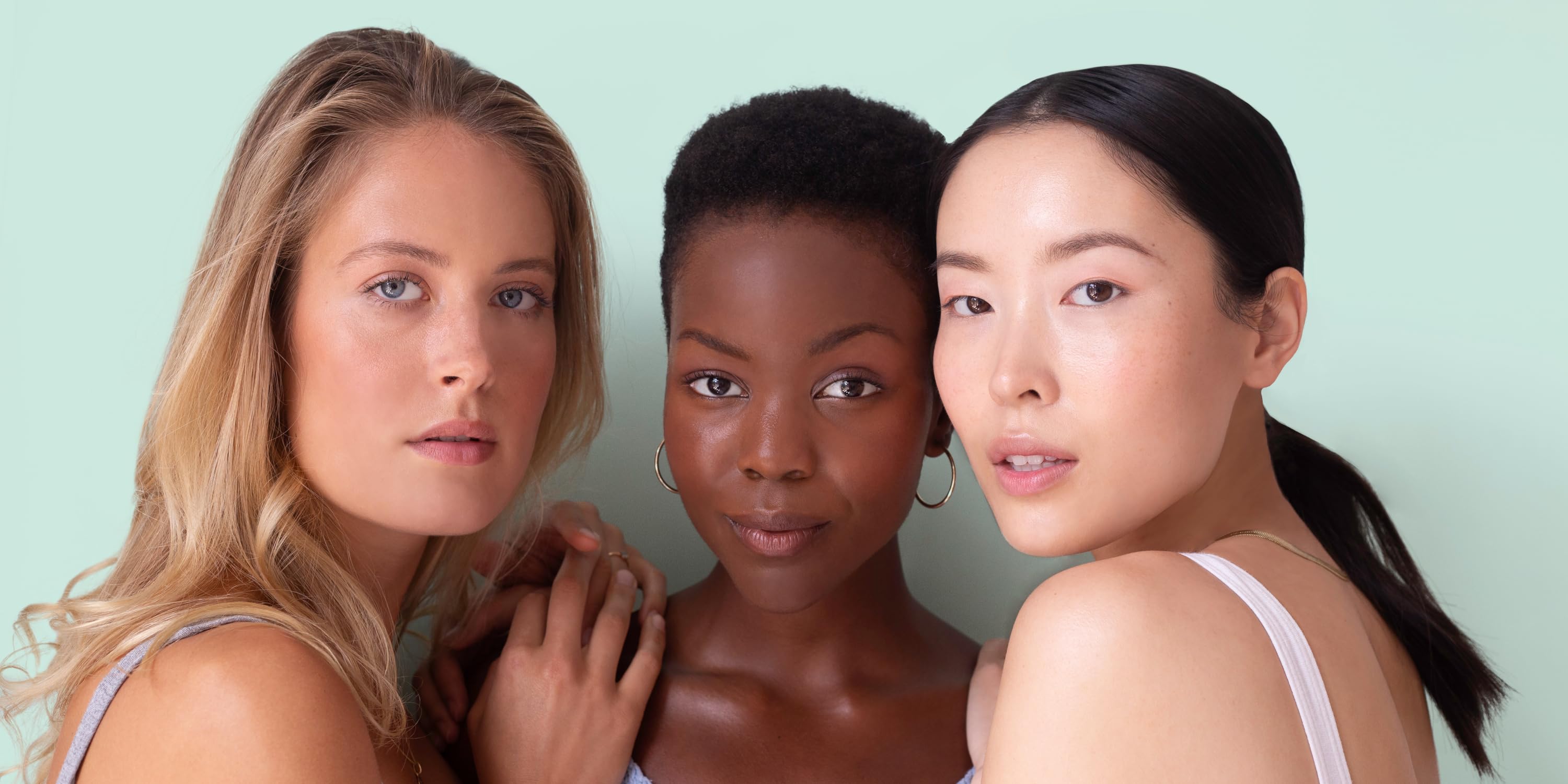
Disability Customer Support
Medical Care
Groceries
Best Sellers
Amazon Basics
New Releases
Prime
Music
Customer Service
Today's Deals
Amazon Home
Registry
Books
Gift Cards
Pharmacy
Smart Home
Fashion
Sell
Toys & Games
Luxury Stores
Find a Gift
Computers
Automotive
Coupons
Home Improvement
Beauty & Personal Care
Video Games
Household, Health & Baby Care
Pet Supplies
Sports & Outdoors
Works with Alexa
Back to top
Get to Know Us
Make Money with Us
Amazon Payment Products
© 1996-2024, Amazon.com, Inc. or its affiliates


